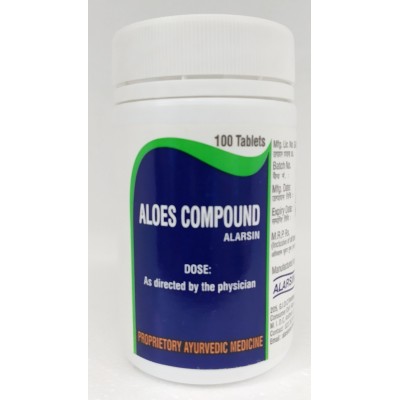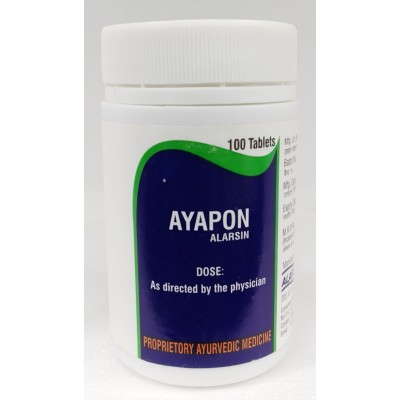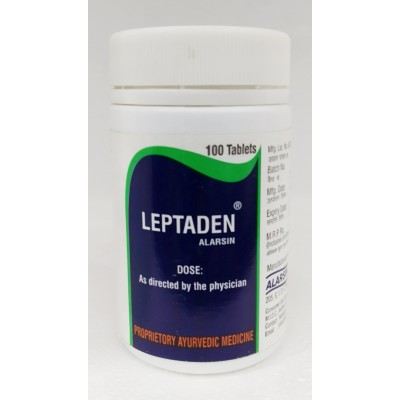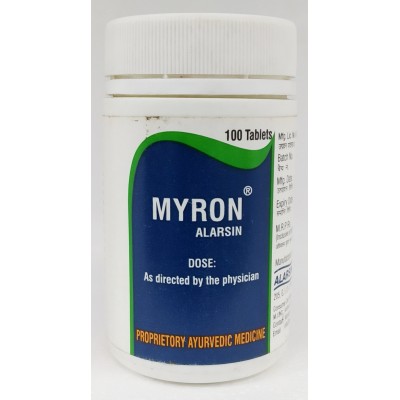Clove aroma
Clove oil is distilled from the leaves and unripe fruit. Some salt is added to the water to raise the boiling temperature, and the clove buds must be distilled over and over again to extract all the essential oil. This is colourless with a little tinge of yellow when freshly distilled: as it matures it turns a dark brown. It has a spicy vanilla scent, peppery with a little note of carnation.
Clove oil is distilled from the leaves and unripe fruit. Some salt is added to the water to raise the boiling temperature, and the clove buds must be distilled over and over again to extract all the essential oil. This is colourless with a little tinge of yellow when freshly distilled: as it matures it turns a dark brown. It has a spicy vanilla scent, peppery with a little note of carnation.
The principal constituents: The largest part are the phenols (70 – 80 per cent), particularly eugenol. This was only isolated by Bonastre in 1827, and is one of the most antiseptic of the phenol family, three to four times stronger than arry other. Further constituents are acetyleugenol (which gives the specific fragrance), benzoic acid, benzyl benzoate, furfurol, sesquiterpene (B-caryophyllene) and vanillin.
Dangers: Clove oil is often adulterated with a vegetable oil (usually palm) and oil of pimento berries and leaves. Sometimes the adulterant is copaiba, an oil made from the gum resin of a Brazilian balsam tree, Copaifera officinalis. This is a great pity, as the therapeutic values are only present in the absolutely pure essential oil. Because of the eugenol content the oil can corrode metal.
ITS USES
In illness
The old texts all seem to agree on the many therapeutic properties of clove – it is a stimulant and has stomachic, expectorant, sedative, carminative, antispasmodic and digestive qualities. It helps flatulence, stimulates digestion and restores appetite, so is good for convalescence. It is a general tonic for both physical and intellectual weakness; and for those suffering from frigidity. Its principal therapeutic value, though, is antiseptic because of the high proportion of eugenol. This is used for intestinal parasites, and for prevention of virus infections. It is good for the immune system, and particularly effective in mouth and tooth infections.
When I am under physical or mental strain, or simply tired, I suck a clove several times a day. It has an agreeable taste, and acts as a relaxant. Sucking cloves is a particularly good idea for those trying to give up smoking.
The dental value of cloves is well known. They are antiseptic, but have sedative and minor anaesthetic properties too (a sucked clove will slightly numb your tongue). If you have a toothache, either suck a clove on the side of the sore tooth, or apply a cotton bud with a drop of the essential oil to the tooth. This will give you relief until you get to the dentist, and also helps to keep the mouth clean because of the antiseptic effect. Never use too much of the oil, and don’t leave it on the tooth (on a piece of cotton wool, say) as your gums could begin to flake. A good mouthwash can be made for halitosis: boil a few cloves in a little water for 5 minutes, let it cool down, then add a few mint leaves and rinse and gargle with the strained liquid.
For rheumatic pains, mix together 25 ml (1 fl oz) castor oil, 5 drops each of juniper and wheatgerm oils, and 5 drops clove oil in a brown bottle. Rub on the affected parts and keep warm.
In popular medicine, an infusion of cloves was given to activate labour after the first pains were felt. This could also ease the pains.
(See also bronchitis, colds, dental abscess, fever, gum disease, pneumonia and throat, sore.)
In cookery
Cloves can be used in cooking for their therapeutic values in a variety of ways, although always with care as they can dominate. A single clove can be stuck into an onion to flavour a stock or bread sauce, or added to a meat or chicken dish to strengthen and enrich its flavour. A boiled meat dish should always have a few cloves in the cooking water, and a clove plus a clove of garlic inserted into the end of a leg of lamb before roasting greatly adds to the flavour. Meat marinades should include cloves as well. Onions cooked with cloves become sweeter and the clove aroma blends very interestingly with the onion. Clove also perfumes the classic German sauerkraut. Cloves are a constituent of many garam masalas, and flavour curries and rice dishes; they are also one of the Chinese five spices.
The flavour of cloves goes particularly well with apples: sweet apple pies, or the apple sauce to accompany pork.
Many drinks benefit from cloves, particularly spicy, hot mulled wines.
Many local liqueurs use cloves: that from Grenobles called ‘Nossolio’ or ‘Merisat’, and the ‘Tafia’ of Martinique and Guadaloupe.
CLOVE SOUP Serves 4
This ‘soup’ should be taken when minor discomforts start to appear at the beginning of winter – colds, sore throats or snuffles. As soon as any symptoms are felt, make and drink this concoction.
- 600 ml (1 pint) beef stock
- 2 onions, peeled and thinly sliced
- 1 bay leaf
- 6 cloves
- salt to taste
Put all the ingredients in a pan, bring to the boil, then simmer for 30 minutes. Remove the cloves and bay leaf, and serve hot.
Other uses
The classic way to use cloves is to stick them into an orange for a pomander to sweeten the wardrobe and keep moths away. This is an interpretation of the anti-plague properties utilized in the Middle Ages. Whole or ground cloves can be included in pot-pourris. The oil is used a great deal in perfumery – to recreate the smell of carnations ¬and in soaps and bath salts. In the Indonesian islands – reputedly the consumers of half the world’s output – tobacco and cigarettes are perfumed with cloves.
It is said that courtiers at the Han court in China in the second century BC would suck cloves to sweeten their breath when appearing before the emperor. If not in deference to Chinese emperors, eugenol, the principal constituent of clove oil, is still used in some brands of mouthwash.
No customer reviews for the moment.















